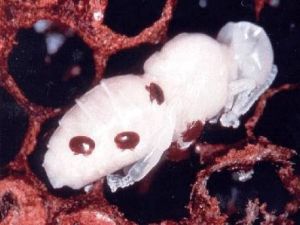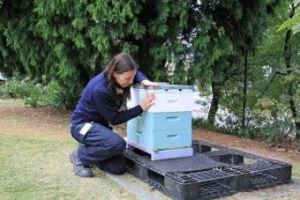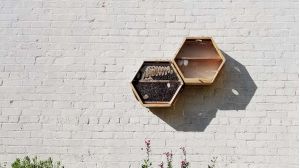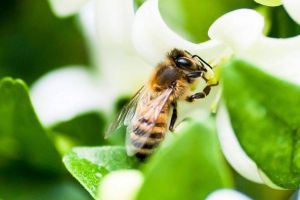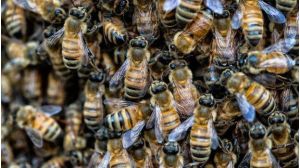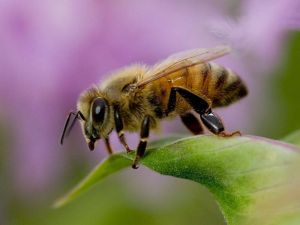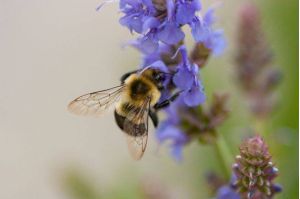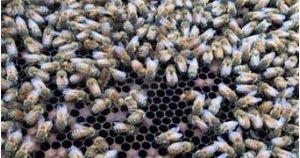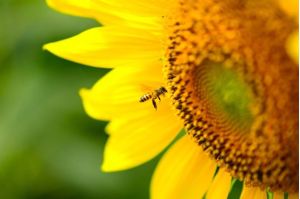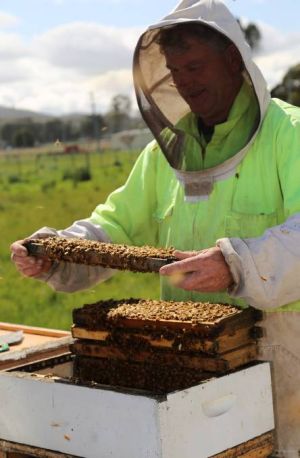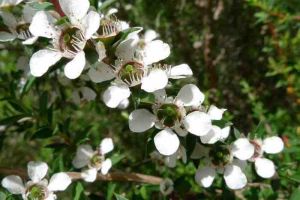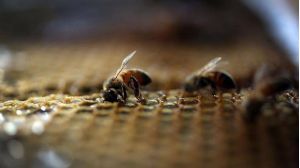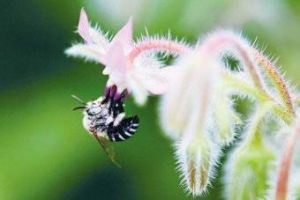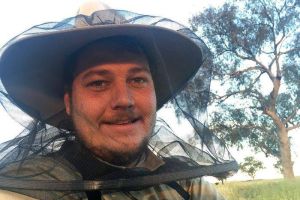Tel: 02 9731 7400 | Unit 1A, 1 Swaffham Road, Minto NSW 2566
Previous Articles
Blog Archive
Next time you are spreading honey on your crumpet have a think about how that sweet stuff, and its yellow and black creators, are affected by the environment around you.
A controversial pesticide allegedly linked to bee deaths will be pulled from Bunnings' shelves by the end of this year, a spokesman has confirmed.
The canned product Yates Confidor is a class of pesticide which some studies suggest affects bees' navigation and immune systems, resulting in colony death.
Bunnings made the decision in November last year to remove the product from its UK and Australian stores amid declining British bee populations, however admitted their decision was based on precautions rather than scientific evidence.
"There's a lot of conflicting science out there," a spokeswoman said, "we decided to err on the side of caution."
This Great Article is share by Jennifer, Aurora Colorado USA
A regional Australian company behind a game-changing bio insecticide that is safe for bees and other beneficial insects has secured funding to ensure its production remains on home soil.
As wild bee populations in the US collapse, with big implications for agriculture, new software might just save the day. Andrew Masterson reports.
Declines in wild bee populations in the US are putting at least $3 billion worth of crops at risk, a new study has shown – but help may be at hand in the form of an app.
A proposal to explore the commercial effectiveness of bumblebees in our State must only go ahead if the risks to honey bees can be guaranteed not to exist.
On face value, finding another species to help with pollination of crops is a worthy and potentially necessary move.
Given the bumblebees exist in Tasmania, and we are told eradication is not feasible, using them to stimulate growth in the horticultural sector seems like the best way to go.
Manuka honey made by bees foraging on Australian native plants has antibacterial properties at least as powerful as the famous New Zealand variety, according to new research, but New Zealand producers are trying to trademark the name.
Researchers have found the medicinal properties of Australian manuka honey are just as powerful as that produced in New Zealand.
Bees are said to be responsible for one out of every three bites of food we eat. Honey is good but it’s the flowers they pollinate that makes bees essential to our lives.
Bee expert Doug Purdie says you don’t need to manage a bee-hive, you simply need to grow plants that bees like.
When Professor Mandyam Srinivasan began studying bees 25 years ago, he had no idea where it would take him.
He was interested in learning how they landed so elegantly, and avoided colliding in mid-air.
There are tricks of the trade when moving any type of livestock, but shifting a group of beehives takes real finesse, and there is an art to getting all the stock on the truck.
Beekeeper Dwayne Sykes is moving a group of hives from their nest in some grasses and flowers, in the hills above Wellington in the New South Wales central west

